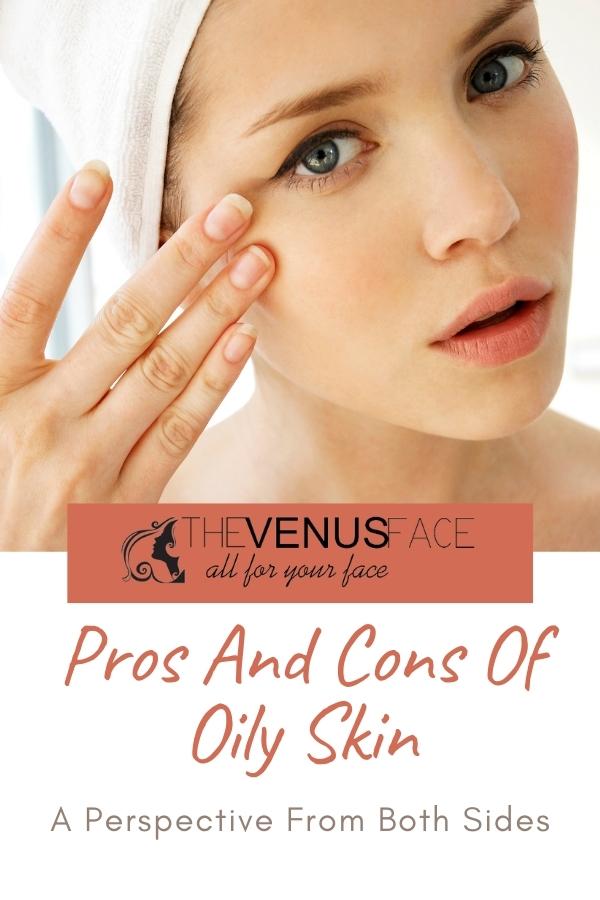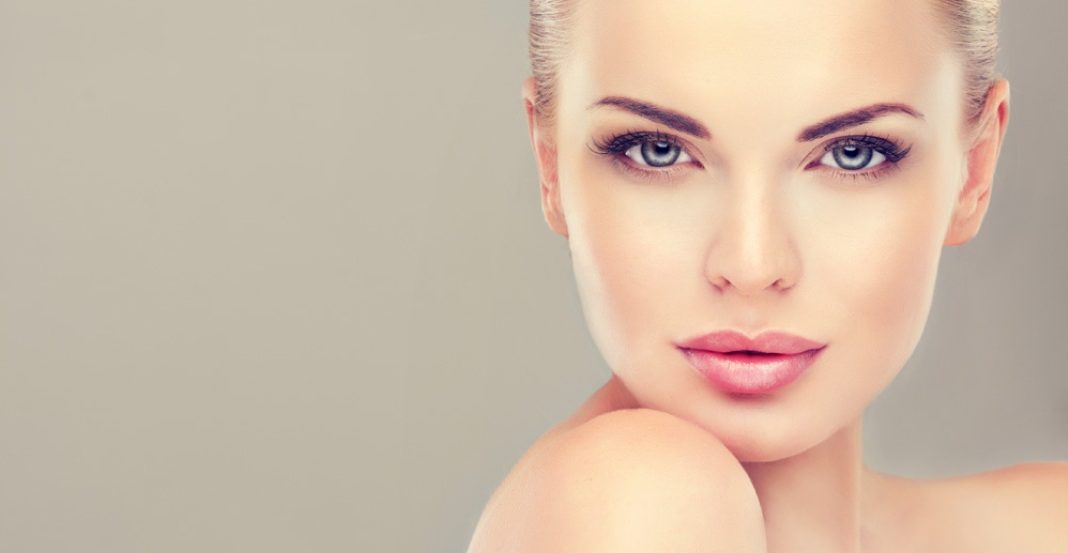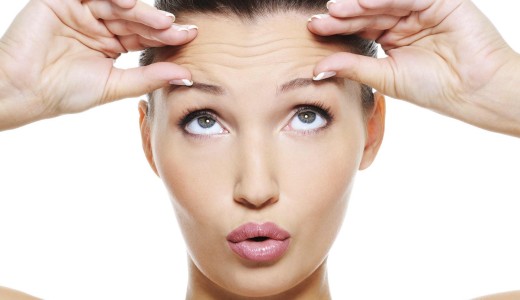Are you getting frustrated with your oily skin? Whenever you go out, your skin looks sticky and dull. Your entire makeup gets messed up for your oily skin! This is really a common problem with girls. Especially in the warmer season when sweating is a common problem. But you will be surprised to know that it has lots of benefits too which is not possible with dry skin. So if you are praying to god for dry skin, immediately stop it. After knowing the advantage you will just love your skin.

Advantages of Having Oily Skin
There are 3 main advantages of oily skin:
You look younger
One great advantage of having oily skin is that it works as camouflage. Wrinkles and fine lines are very common in dry skin. You will look older than time if you have dry skin. But aging lines appear late for those with oily skin. It simply conceals the fine lines. It will make you look younger. So you needn’t spend extra money on anti-wrinkle creams when you have an appropriate primer or moisturizer.
Natural shiny makeup
Your skin naturally looks glowing and healthy. So, no need to spend much money on beauty products. You might not be happy with your shiny t-zone, but there are people buying beauty products to achieve the shiny look that you already have. And it doesn’t mean that you cannot have matte makeup, with some tricks and tips, you can achieve any makeup look.
More: Get natural healthy glow skin with top bronzers.
Dryness is worse than oiliness
People with other types of skin tend to suffer from dryness as they age. If you have oily skin, you don’t have to face dryness. It will remain moisturized and supple for the year. Your skin will remain soft and never go rough or harsh.
-

You look younger since oil reduces wrinkles
Cold weather & winters are not problems
The cold weather affects dry skin more. In winter, their skin becomes flaky, red, and itchy. But people with oily skin will never have to face this problem. Because of the sebum overproduction, your skin will remain protected against cold and dry weather.
Disadvantages of Having Oily Skin
There are disadvantages, of course:
Clogged pores
No doubt, if you have oily skin, your skin will produce an excess amount of oil, which leads to clogging of the pores. According to dermatologists, these clogged pores are the reason for acne. To hide the weaknesses The suggestion is to try applying BB creams or CC creams. Also, applying a powder foundation is not a bad idea.
However, the best way is not to hide the pores but to treat them.
More: Treat your skin with the best microcurrent devices.
Shiny faces
Oily skin gives you glowing skin. At the same time, it will make you look shiny. If you wash your face at 8 am your face will look like a grease ball by 10 am. People having oily skin have a tendency to use products that dry it out. This is bad news for those who want to achieve matte makeup since it requires more steps than usual.
Acne
Oily skin is more prone to acne due to several interconnected factors that create an environment conducive to the development of acne lesions. These factors primarily involve the overproduction of sebum (skin oil), increased shedding of skin cells, and the presence of bacteria. Here’s a detailed explanation:
- Sebum Production: Oily skin is characterized by an overactive sebaceous gland activity, leading to an excessive production of sebum. Sebum is essential for maintaining the skin’s natural moisture barrier, but an excess of it can clog hair follicles and pores, creating a breeding ground for acne.
- Hair Follicle Blockage: The excess sebum combines with dead skin cells that are shed from the skin’s surface. These cells can become trapped within hair follicles and pores, forming a plug known as a comedo or blackhead. This blockage obstructs the follicle’s opening, creating an environment where bacteria can thrive.
- Bacterial Growth: The skin naturally hosts a bacterium called Propionibacterium acnes (P. acnes). While this bacterium is normally harmless, an accumulation of excess sebum and dead skin cells provides an ideal environment for its growth. P. acnes can proliferate within blocked hair follicles, leading to inflammation and the formation of acne lesions.
Makeup Challenges
Oily skin can present challenges when it comes to applying and maintaining makeup due to several factors that are inherent to its characteristics. These factors contribute to makeup not adhering properly and appearing uneven or greasy. Here’s a detailed explanation:
- Excess Sebum: Oily skin tends to produce more sebum, which is the skin’s natural oil. Excess sebum can mix with makeup products, causing them to break down and slide off the skin’s surface. This can lead to a patchy and uneven makeup application.
- Reduced Adherence: The presence of excess sebum can create a barrier between the makeup and the skin’s surface. This reduced adherence can cause makeup to slide around, settle into fine lines, and become patchy as the day progresses.
- Shine and Greasiness: Oily skin often has a shiny or greasy appearance due to the excess oil on the skin’s surface. When makeup is applied on top of oily skin, it can contribute to a shinier look, making the makeup appear less matte and more reflective.
- Pore Size and Texture: Oily skin is often associated with larger pores and an uneven skin texture. Makeup can settle into these larger pores, making them appear more prominent and creating an uneven finish.
- Makeup Breakdown: Excess oil can cause makeup products, especially foundation and concealer, to break down throughout the day. This can result in makeup looking splotchy, fading, or disappearing altogether.
- Touch-Ups: Oily skin may require frequent touch-ups to blot away excess oil and reapply makeup. This can be time-consuming and may affect the overall appearance of the makeup.
- Setting Product Challenges: Setting products like powders and setting sprays might not work as effectively on oily skin. The excess oil can cause these products to mix with the sebum, leading to a less effective mattifying effect.
Skin Sensitivity
Oily skin can be more sensitive and reactive, leading to potential irritation and redness.
-

Washing your face frequently helps reduce oil temporarily
Final thought
Wash your face with water whenever you get time, using face wash for oily skin is advised. Don’t forget to wipe out your makeup, especially at night. If you skip the cleaning process, the oil will stay back in your skin, clogging the pores and it will produce excess oil which you definitely don’t want to have. It will make it tougher to apply to make up the next time.




